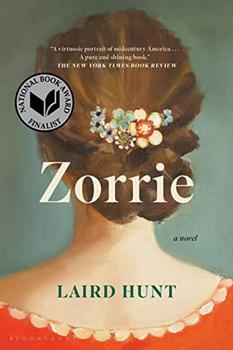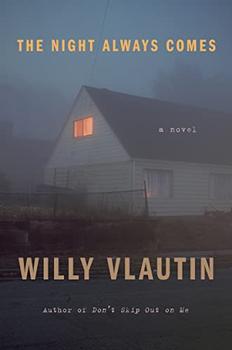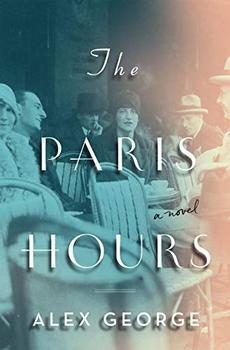Summary | Excerpt | Reading Guide | Reviews | Beyond the book | Read-Alikes | Genres & Themes | Author Bio

"It was Indiana, it was the dirt she had bloomed up out of, it was who she was, what she felt, how she thought, what she knew."
As a girl, Zorrie Underwood's modest and hardscrabble home county was the only constant in her young life. After losing both her parents, Zorrie moved in with her aunt, whose own death orphaned Zorrie all over again, casting her off into the perilous realities and sublime landscapes of rural, Depression-era Indiana. Drifting west, Zorrie survived on odd jobs, sleeping in barns and under the stars, before finding a position at a radium processing plant. At the end of each day, the girls at her factory glowed from the radioactive material.
But when Indiana calls Zorrie home, she finally finds the love and community that have eluded her in and around the small town of Hillisburg. And yet, even as she tries to build a new life, Zorrie discovers that her trials have only begun.
Spanning an entire lifetime, a life convulsed and transformed by the events of the 20th century, Laird Hunt's extraordinary novel offers a profound and intimate portrait of the dreams that propel one tenacious woman onward and the losses that she cannot outrun. Set against a harsh, gorgeous, quintessentially American landscape, this is a deeply empathetic and poetic novel that belongs on a shelf with the classics of Willa Cather, Marilynne Robinson, and Elizabeth Strout.
Readers will be able to relate to Zorrie's struggles, and will feel a sense of familiarity with situations of hardship, grief and perseverance through the unknown. Most importantly, those struggles occur against a backdrop of perpetual hope and the will of a woman who never allows life to take away her kindness, compassion, grace and determined spirit. Hunt's language is simple, at times almost too sparse, yet elegant and filled with intensity. The speed with which he introduces and ends intersecting storylines can be a bit much, and Zorrie might have been well served with an additional 75 pages. Still, this quiet, unassuming story will quickly take hold of you and not let go...continued
Full Review
(645 words)
This review is available to non-members for a limited time. For full access,
become a member today.
(Reviewed by Nichole Brazelton).
 In Laird Hunt's book Zorrie, the title character takes a job painting watch dials with illuminating radium in Ottawa, Illinois. The women employed by the company think it's great fun to glow all night after their shifts, and even smuggle extra vials of glow-in-the-dark paint home to create designs on themselves.
In Laird Hunt's book Zorrie, the title character takes a job painting watch dials with illuminating radium in Ottawa, Illinois. The women employed by the company think it's great fun to glow all night after their shifts, and even smuggle extra vials of glow-in-the-dark paint home to create designs on themselves.
During World War I, American factories that decorated watch and clock faces with radium opened in the Midwest and on the East Coast. All-female crews of workers were given the impression they were helping the war effort, and that the substance they were using was completely safe. The women holding these prized jobs (paying around three times more than a typical factory job) were often referred to as "ghost girls" for the ...
This "beyond the book" feature is available to non-members for a limited time. Join today for full access.

If you liked Zorrie, try these:

by Willy Vlautin
Published 2022
Award-winning author Willy Vlautin explores the impact of trickle-down greed and opportunism of gentrification on ordinary lives in this scorching novel that captures the plight of a young woman pushed to the edge as she fights to secure a stable future for herself and her family.

by Alex George
Published 2021
Told over the course of a single day in 1927, The Paris Hours takes four ordinary people whose stories, told together, are as extraordinary as the glorious city they inhabit.
Judge a man by his questions rather than by his answers.
Click Here to find out who said this, as well as discovering other famous literary quotes!